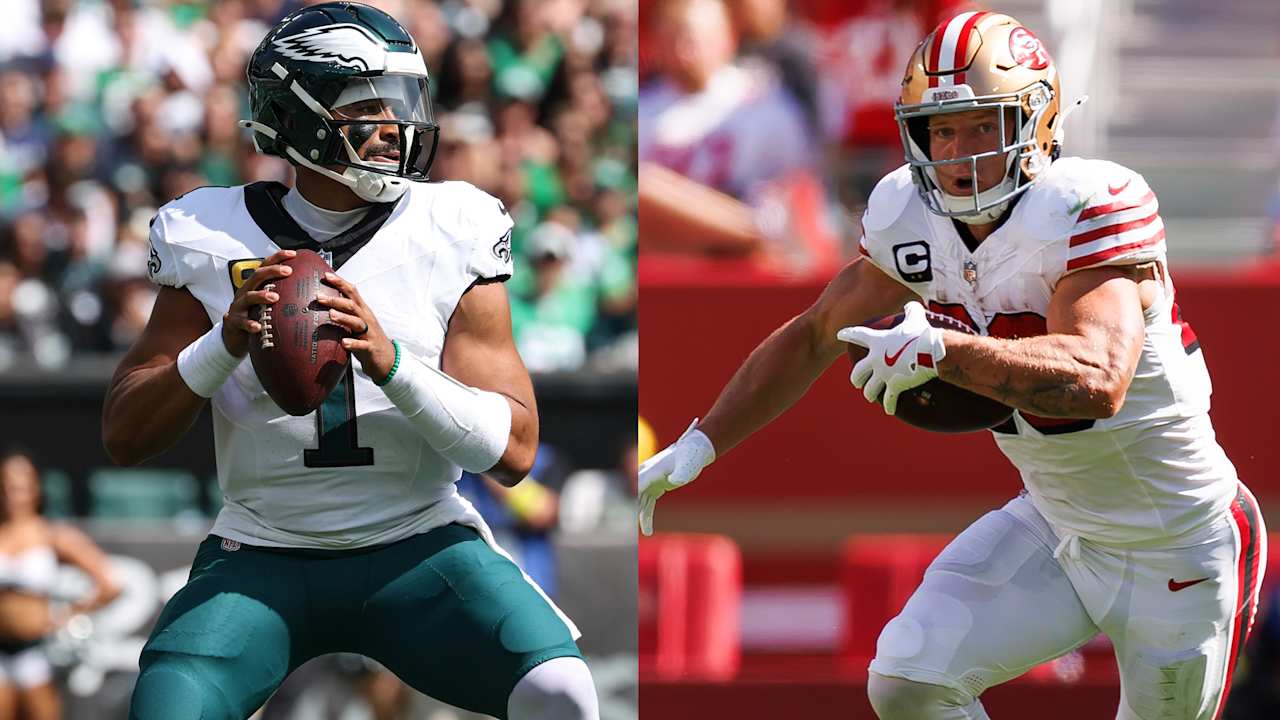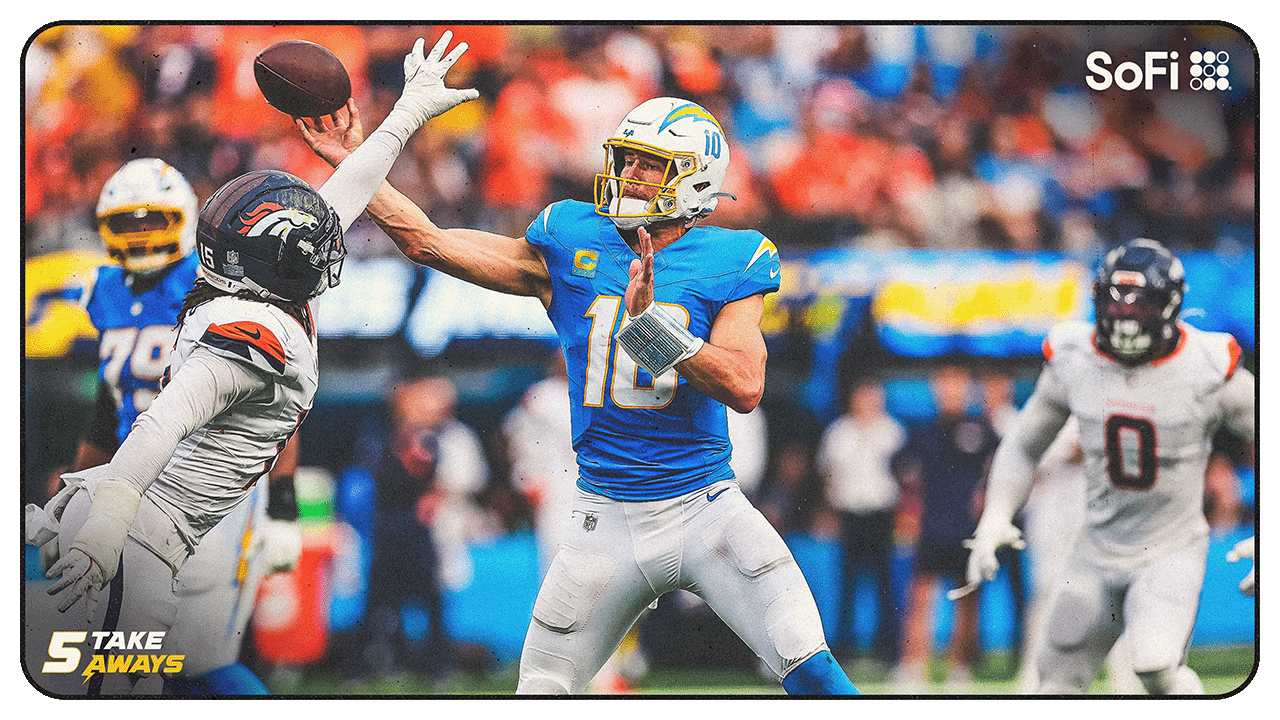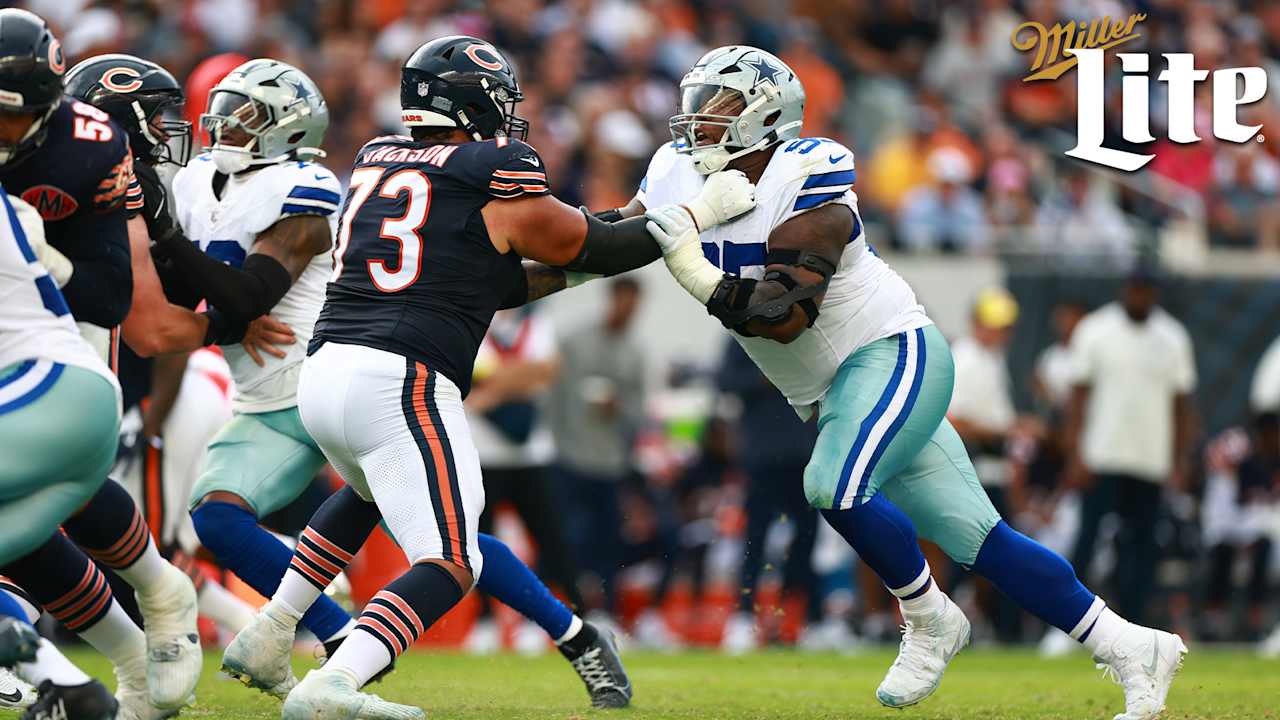Almost two years ago, Penn State coach James Franklin popularized the rightful lampooning of the mysteriously beloved and confoundingly prevalent chuck-it-deep paradox—a belief from fans that an offense is merely stagnant because a quarterback is not dropping back and whipping the ball downfield as far as he possibly can.
“My skin is curling when you say, Just drop back and chuck it deep,” Franklin said at the podium. “I don’t even know what you’re saying. It’s like you’re speaking from Mars.”
He later added, for effect, when the questioner added the suggestion of a deep post route 30 yards downfield, “You’re making me uncomfortable.”
@espn James Franklin when asked if he ever wants his QB to throw it deep no matter what 😯 (via @Happy Valley Insider) #pennstate #pressconference #sports #football
Almost two weeks ago, LSU coach Brian Kelly was asked about his offense’s struggles after a 20–10 win over rival Florida, provoking a podium outburst noteworthy enough that he had to provide a text message apology to the reporter. Both of those coaches, sapped by the tedium of a long season with little sleep, tried and failed to grasp the nuance of explaining something to the fantasy football generation that is still incredibly hard to digest: There are situations when a team must accept its shortcomings and play a stylistically unattractive brand of football that eliminates mistakes in order to increase the chance of victory.
This is probably 50% of the reason the Eagles won the Super Bowl seven months ago. Opposite an incredible defense, offensive coordinator Kellen Moore turned Jalen Hurts into a dish-first point guard and some of the league’s most vaunted wide receivers into expert pick-setters. Saquon Barkley was one game away from breaking Eric Dickerson’s rushing record and Philadelphia eliminated its turnover-worthy plays by a significant margin from the previous season.
Miraculously, it only took (some—and I want to demarcate the attention-seeking ones who give the entirety of a very smart and loyal fan base a bad rap) Eagles fans 2.1 weeks to complain about the aesthetically unpleasing nature of the offense under new coordinator Kevin Patullo and boo the offense mid-game. Unfortunately, in a move that would seem to empower and feed the chuck-it-deep paradox, Hurts threw 24 passes in the second half of a stunning 19-point comeback win over the Rams, including nine balls of 10-plus yards. Seven of those nine balls were completed, two of them for touchdowns. A.J. Brown looked positively rejuvenated and, after the game, seemed to stoke a bit of that sentiment by saying: “Obviously, we’re going to run the ball and we’re going to set up the run off the pass and the pass off the run, but we have a lot of good players and we should just let them go.”
Unfortunately, I don’t think what the Eagles did Sunday is anything but a continuation of the ethos that led them to a Super Bowl a year ago—discovering the most certain avenue toward success and barreling toward it at full speed. Certainly, with the game getting out of control, it forced the Eagles into a pass-first mindset. But before Hurts started just chucking it deep [shudders], he also endured a series of painful delayed blitzes by the Rams that left him throttled when he actually did drop back. All-Pro tackle Lane Johnson left the game with a stinger and Hurts was taken down on the following play. Hurts was also waxed—and fumbled—on a four-man pressure to start the second half. He legitimized the very idea that he shouldn’t be just chucking it deep.
In the first two weeks, Hurts was pressured on 40% of his drop-backs. Before last December and the run to Super Bowl LIX, Hurts was not a top-20 quarterback in completion percentage, passing yards per attempt or passer rating when under pressure. Through 14 weeks last season, Hurts had the second-lowest EPA per play in the NFL on plays in which the defense had adequate coverage or generated pressure.
I’m not saying that Hurts is bad under pressure, to be clear. I’m just saying—the Eagles are just saying—that when Vic Fangio is coordinating a good, refurbished, young, amoebic defense, and when you (mostly) still have one of the best offensive lines in the sport, there are fewer incentives to continue experimenting with Hurts under pressure when there is a more certain outcome. Hoping Barkley breaks a run is safer than hoping Hurts doesn’t get sacked and fumble deep in his own territory.
However, the certainty in outcome shifted when Patullo started getting ideal matchups Sunday. Traditionally, the Eagles bully smaller fronts. Sunday, they bullied a smaller secondary. Brown was getting one-on-one matchups with the notoriously matchstick thin Emmanuel Forbes Jr., who also gave up a game-altering touchdown to DeVonta Smith in single coverage. Brown was also getting one-on-one matchups with the 5’11” Cobie Durant. Dallas Goedert was getting matched up on linebackers. The Eagles switched right tackles and caught lightning in a bottle, which mitigated pressure and allowed Hurts to get much deeper into his reads (as evidenced by a third-down pickup by Smith midway through the third quarter on a very late-developing route).
Essentially, for the love of James Franklin, the Eagles’ vertical passing game was the result of other circumstances and not the cause of such circumstances. Next week, prepare to go mad when Barkley is once again at the forefront of this offense, with a distant promise that the passing game can be used as a kind of “in case of emergency” option. Opposing defensive coordinators certainly do, as nine consecutive have tried and failed to totally render the Eagles ineffective.


